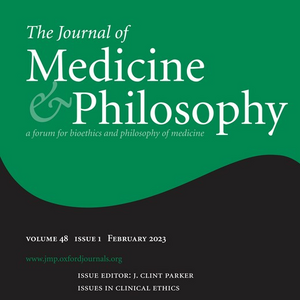
Alzheimer’s, Advance Directives, and Interpretive Authority
- Article
- Jan 11, 2023
- #Law #Philosophy
Philosophers have debated whether the advance directives of Alzheimer’s patients should be enforced, even if patients seem content in their demented state. The debate raises deep qu...
Show More